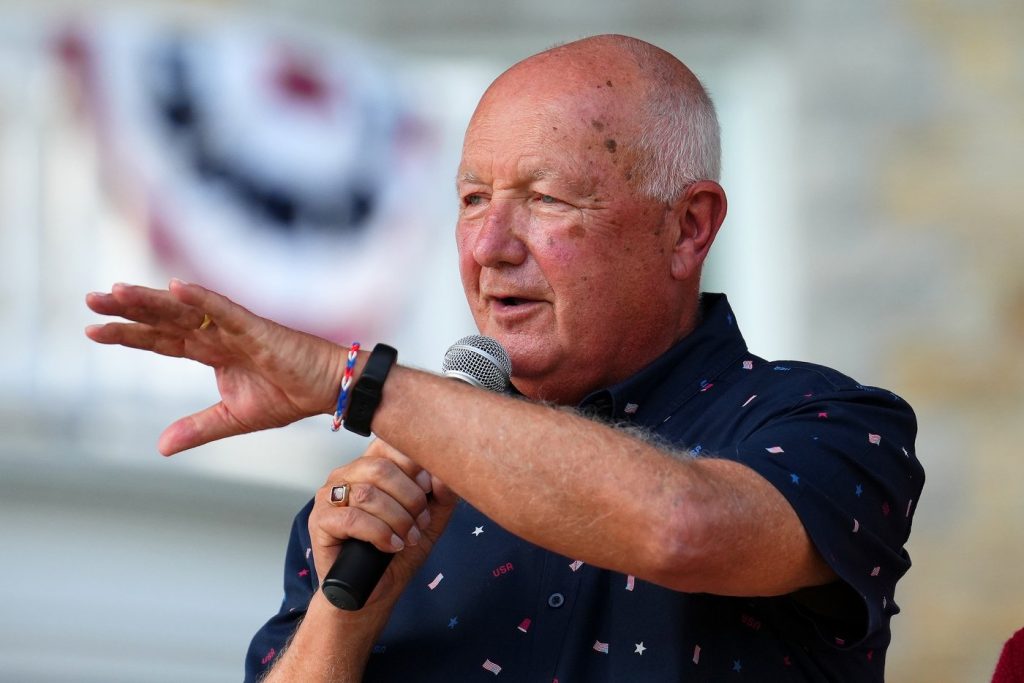1 in 9 drugs prescribed in Que. are off-label; most lack strong evidence: Study
Posted April 16, 2012 9:15 pm.
This article is more than 5 years old.
TORONTO – One out of every nine prescriptions written in Quebec is for a drug that isn’t being used for the purposes for which it was licensed, a new study suggests.
That practice is called off-label use. Doctors may give a drug approved for anxiety to patients who are looking for help with insomnia. It’s a common practice, though one that can lead to dangerous use at times. But it’s very hard to quantify.
Now researchers at McGill University have used a database of over a quarter-million prescriptions written for 51,000 patients to look at this issue. The data are drawn from an electronic medical records system devised at McGill and used by a group of physicians in Montreal and Quebec City.
The system requires doctors not just to register prescriptions they are giving to their patients, but to list the condition for which the drug is being prescribed. And that allows researchers like the team led by Dr. Tewodros Eguale to study what drugs are being prescribed for which conditions and whether there is any evidence that the drug actually works for the ailment in question.
The study was published Monday on the website of the journal Archives of Internal Medicine.
“Everybody talks about it but the problem is it’s very difficult to measure off-label prescribing with the current methods,” Eguale said in an interview from Montreal.
“In our study we are not saying that off-label prescribing is really harmful. That’s why we went and looked at whether there is any evidence, strong evidence, for its use.”
He and his colleagues found that 11 per cent of prescriptions written by 113 doctors from 2005 through 2009 were for off-label uses.
And in nearly 80 per cent of the cases where off-label prescriptions were written, there was no strong evidence to suggest the drug would work for the problem ailing the patient who got the prescription.
Older drugs — those approved before 1981 — were more likely to be used off label than newer medications.
One reason for that may be that even if there is a belief an existing drug might be useful for condition X or Y, if it’s not covered by a patent drug companies are unlikely to pony up the huge sums it takes to do the trials needed to get a new indication — approved use — added to a drug’s label.
Eguale said an off-label use can evolve in situations where there is a need for treatment, but no proven effective drug.
“There is a tendency for physicians to experiment or with very small randomized controlled trials with a small number of patients, they may be convinced to try it,” he explained.
Then word seems to spread and one person’s experiment may become more broadly used.
“Whenever the pharmaceutical companies are not involved, I think this is mostly the way this kind of information is propagated,” Eguale said.
Off-label prescribing can be useful, said Dr. Muhammad Mamdani, a pharmacist and director of the Applied Health Research Centre at the Li Ka Shing Knowledge Institute of Toronto’s St. Michael’s Hospital. Mamdani was not part of the study.
But other times, the use of a drug for a condition it hasn’t been tested for is dangerous. Mamdani pointed to the use of human growth hormone by athletes as an example.
“Off-label use can be harmful, but it may also in some cases help patients — we simply don’t know since there is typically a lack of evidence,” he said.
“So it’s often difficult to tell whether a particular off-label use of a drug is helping or harming the patient. On the conservative side, I think most people assume it will harm the patient.”








